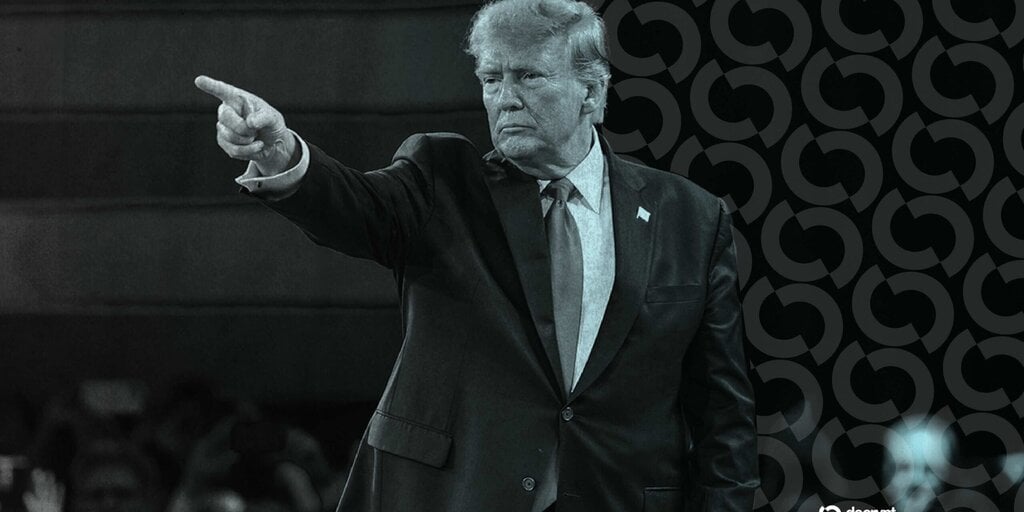Analysis: Trump’s Crypto Play Key to Re-election Strategy, GOP Demographics
US President Donald Trump’s successful re-election campaign was significantly influenced by its focus on crypto-related issues, according to campaign co-manager Chris LaCivita. LaCivita stated crypto served as a bridge connecting the Republican Party (GOP) with voters from historically left-leaning demographic groups.
- LaCivita identified “crypto voters” as a bloc previously uncommitted, spanning diverse socioeconomic backgrounds.
- The campaign targeted this group as a means to court crucial demographics like African-American and Asian-American voters, and young people.
- Digital asset adoption varies significantly across demographic lines, with higher rates among Asian and Black Americans, though their political alignment often differs from white voters.
Republican strategist Chris LaCivita, speaking at the Coinbase State of Crypto Summit, highlighted the potential of crypto voters. He noted both Black and Asian American voters show higher cryptocurrency ownership rates than white adults (citing a Pew Research 2024 report: 28% Asian American, ~20% Black, vs 14% white). While these groups tend towards the Democratic Party (83% Black, ~60% Asian American), LaCivita stressed the GOP viewed crypto issues as an opportunity to find common ground.
This strategic use of crypto messaging formed a foundational element of Trump’s political comeback narrative, particularly with the 2024 GOP platform being the first major party platform to explicitly endorse crypto protections, such as shielding Bitcoin miners and banning central bank digital currencies.
The turning point was accelerated by substantial lobbying by the digital assets industry. The Fairshake super PAC, backed by Coinbase and Ripple Labs, raised over $200 million, making it the largest donor in the 2024 election cycle. This influx fueled unprecedented public support for crypto issues among congressional candidates from both parties before the election.
This surge aligns with growing mainstream interest in digital assets, where retail adoption is increasing significantly. Security.org data shows a sharp rise in US crypto ownership (28% of Americans hold crypto, up from 15% in 2021). High-profile platforms like Robinhood also report noteable crypto trading revenue growth, further amplifying the issue’s relevance.
Additionally, a decline in traditional party loyalty is evident, with nearly half of US voters (up from 39% in 2016) identifying as independents in 2024, suggesting a potential opening for new or evolving political platforms, including those centered around digital assets.












